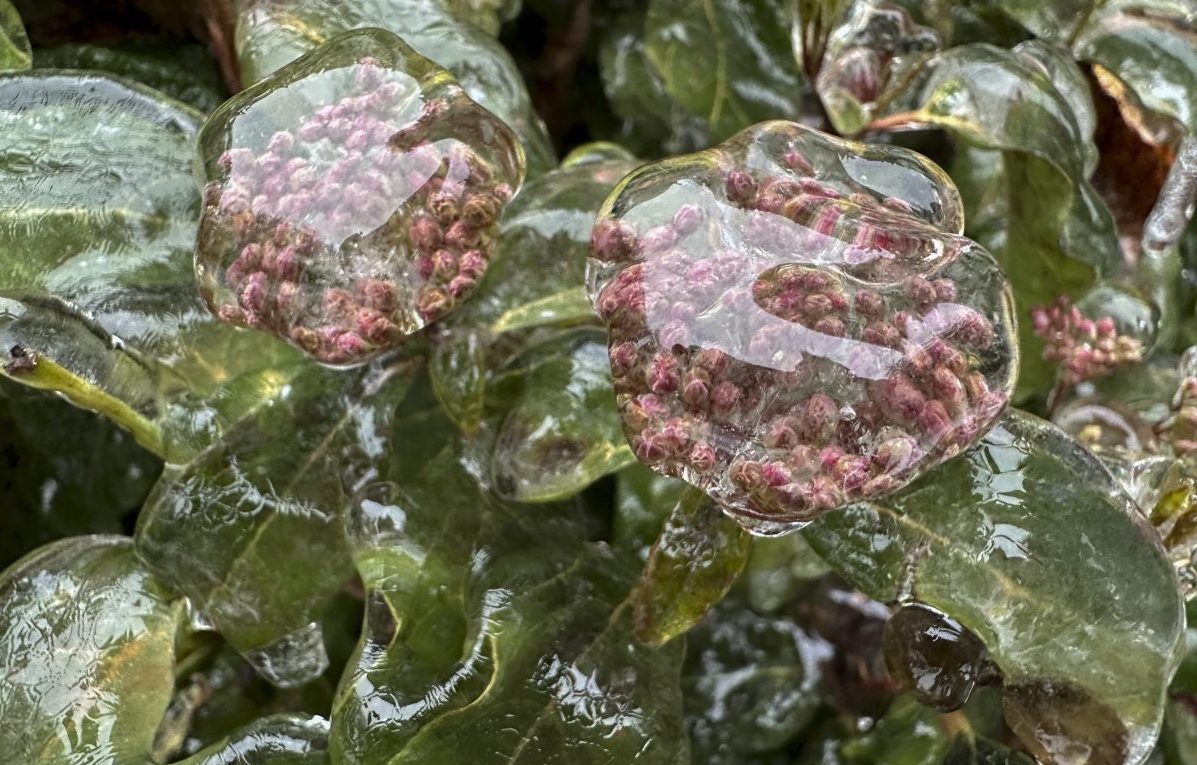It’s a disease that impacts more than 100,000 people in the United States. But thanks to research at the Children’s Hospital of Philadelphia, we may be closer than ever to finding a cure.
Sickle-cell anemia is a hereditary blood disorder that causes red blood cells to form an abnormal and rigid shape. Complications from the disease include stroke, chronic pain and leg ulcers. Elvelyna Beaubrun was first diagnosed with sickle-cell as a toddler.
“It’s important that people really see what we go through and understand that it’s painful,” Beaubrun said. “The pain is agonizing. It’s unbearable.”
While Beaubrun, who is pursuing a nursing degree at Drexel University, says it will be awhile before she has a family, she still thinks about the impact sickle-cell could have on her future children.
“It definitely raises concerns in terms of the genetics, who I marry, and if I decide to have kids,” she said. “I always think about that and I always bring that to my doctor’s attention.”
Now however, there is a reason for hope for Beaubrun as well as hundreds of thousands of sickle-cell patients nationwide. Dr. Kwaku Ohene-Frempong and his colleagues at the Comprehensive Sickle Cell Center at CHOP believe they are close to finding a cure through a groundbreaking procedure; transplanting stem cells while the baby is still in the womb.
“We can do this transplantation at a time when the baby’s immune system is so young and immature that it would accept either the mother or the father’s bone marrow,” Dr. Frempong said.
Local
Breaking news and the stories that matter to your neighborhood.
The procedure is still several years away from being used on people however, and it won’t happen without funding.
“From the government, we’d probably get our proportionate share which is not enough,” Dr. Frempong said.
That’s why, Dr. Frempong says, it’s important for people to give.
“What we lack in sickle-cell research is that we don’t get private support,” he said.
CHOP is hosting a fund-raising gala this weekend. To find out more on how you can help find a cure, click on this link.



